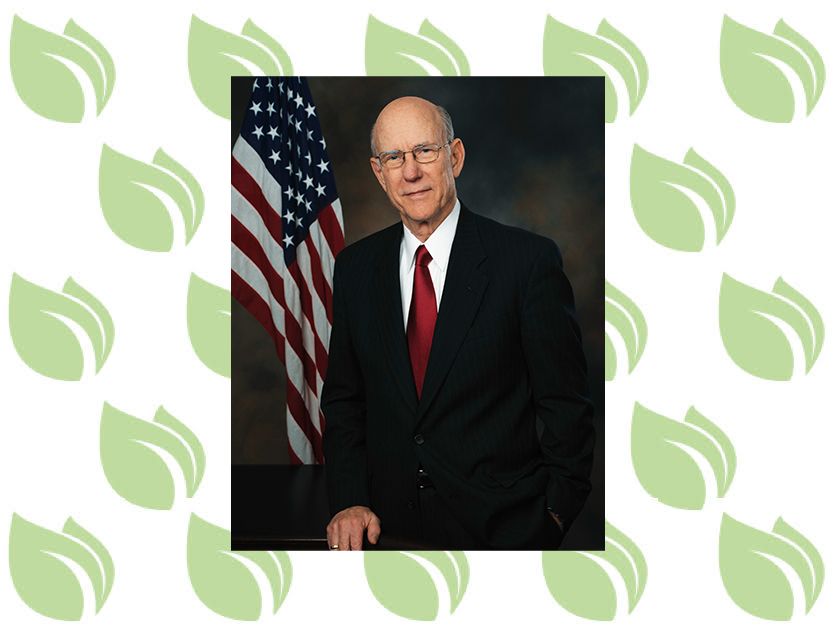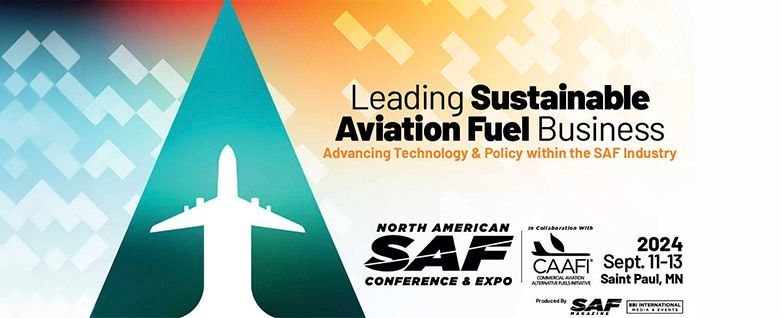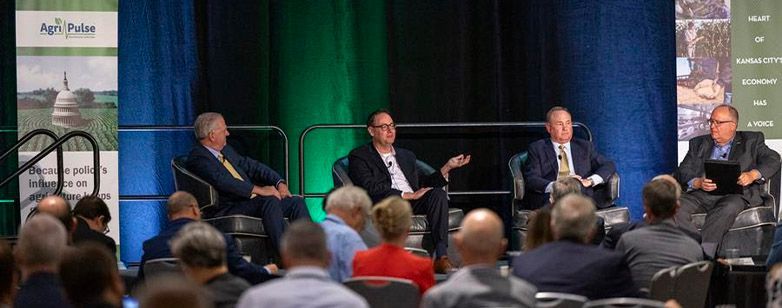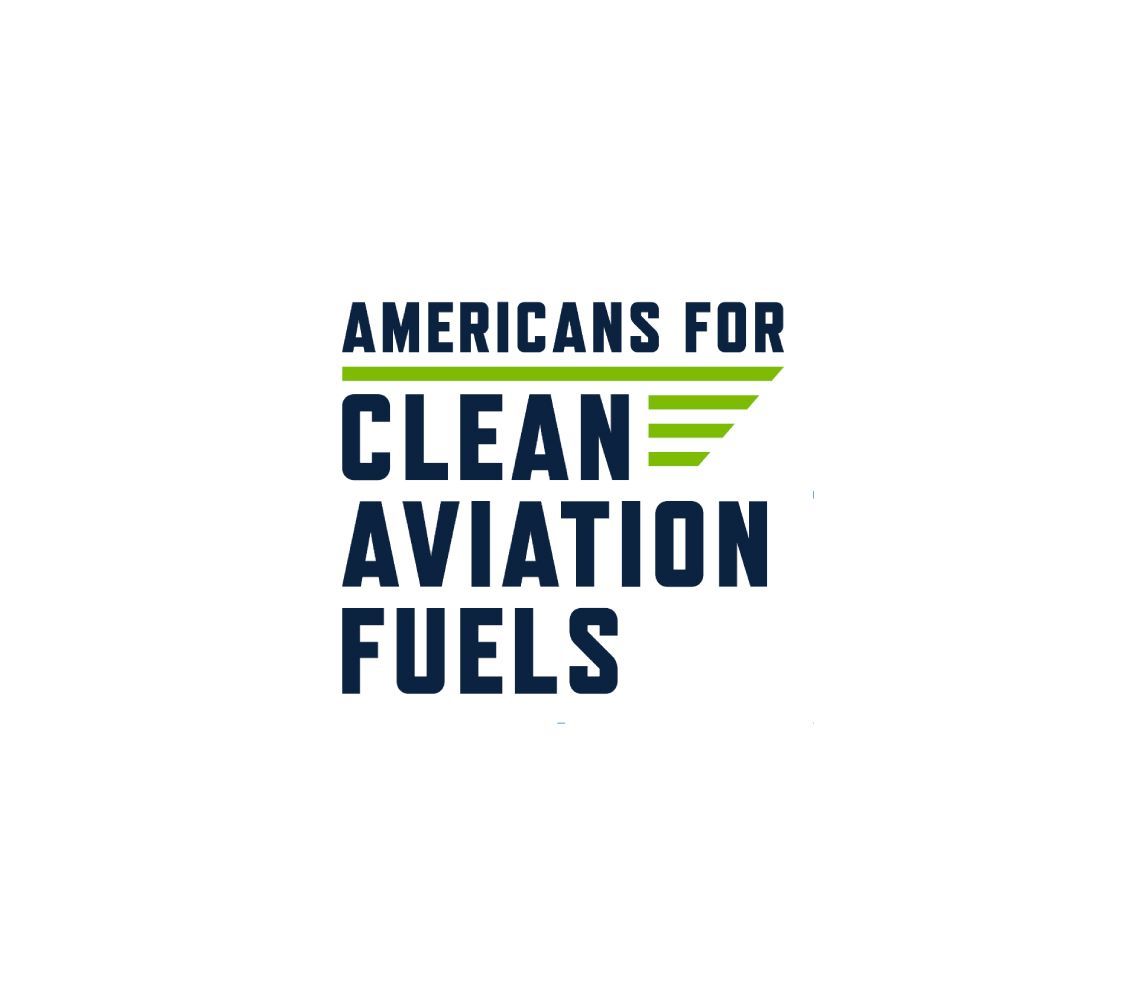What They’re Saying: Founding Members of ACAF Highlight Benefits of Growing America’s SAF Market at National Ag & Food Policy Summit
What They’re Saying: Founding Members of ACAF Highlight Benefits of Growing America’s SAF Market at National Ag & Food Policy Summit
WASHINGTON, D.C. — Founding members of Americans for Clean Aviation Fuels (ACAF), Delta Air Lines and Airlines for America discussed the economic benefits of Sustainable Aviation Fuel (SAF) for American farmers at Agri-Pulse’s annual Ag & Food Policy Summit held last week in Washington.
This national conference brought together agriculture and energy industry leaders, policy experts and elected officials to focus on key topics such as biomanufacturing, climate-smart agriculture practices and sustainable aviation – including the future of SAF. ACAF is a national coalition of industry leaders from the aviation, energy and agricultural sectors.
Delta Air Lines Chief Sustainability Officer Amelia DeLuca outlined the needed strategies and policies to grow the domestic SAF market during a panel discussion moderated by Airlines for America (A4A) Vice President for Environmental Affairs and Chief Sustainability Officer Kevin Welsh. World Energy CEO Gene Gebolys and Gevo CEO Dr. Patrick Gruber also participated in the conversation.
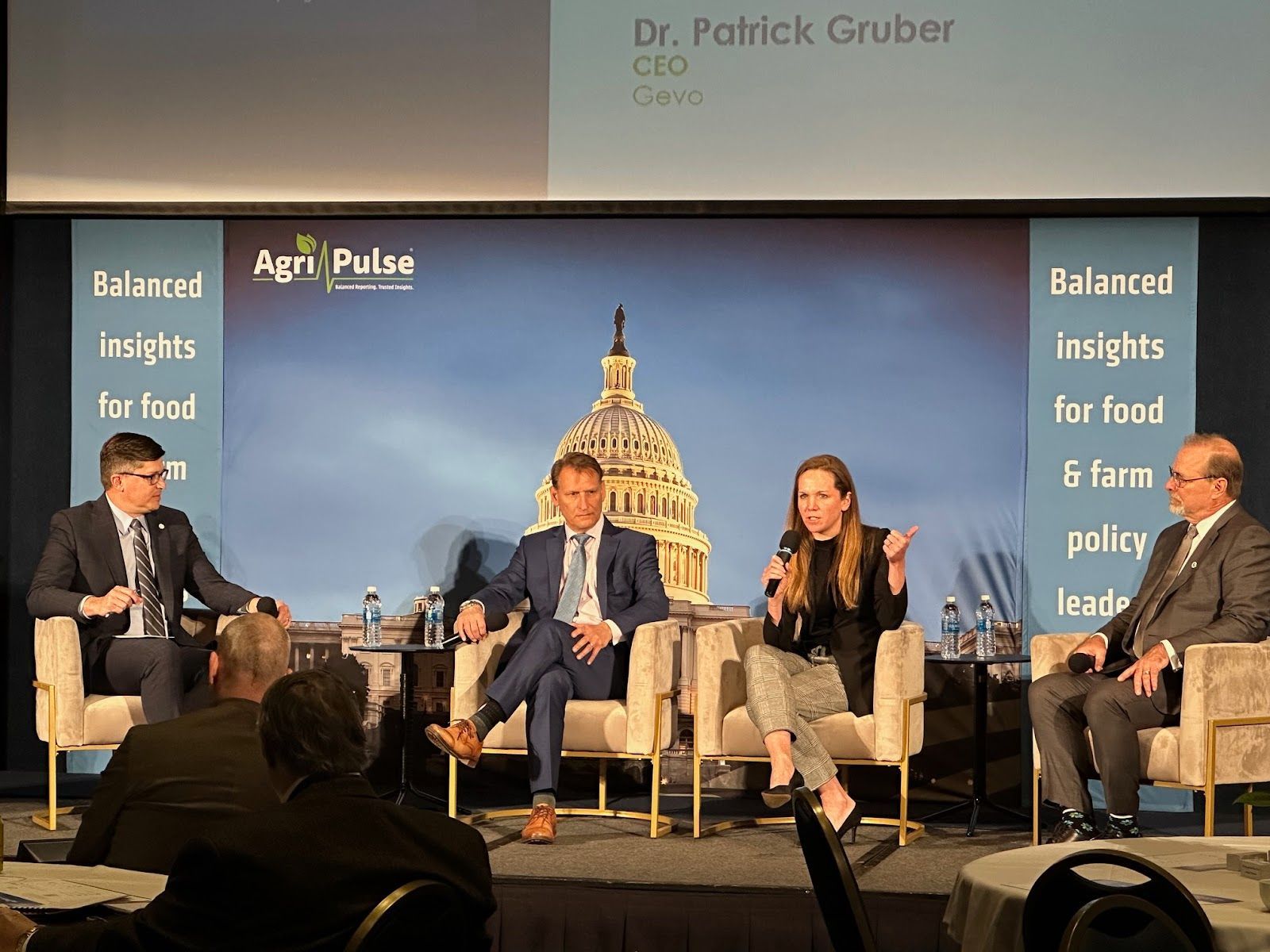
WHAT THEY’RE SAYING
Amelia DeLuca, Chief Sustainability Officer, Delta Air Lines (ACAF Founding Member): “Sustainable aviation fuel is not only the biggest lever; it’s the only lever we have to decarbonize…Our perspective is that there are four major things we need to make the success of SAFs a reality: 1) private investment and financing, 2) production and feedstock scaling, 3) federal and state incentives and 4) stable policy. The states have a huge role to play here…they know it’s good for them at the state level. It’s good for their economy, and it’s good for farmers. Delta launched the first of its kind federal coalition, the Americans for Clean Aviation Fuels, to bring the entire value chain together and say we need to stick together and figure this out because it matters.”
“What gives me a lot of optimism about the future is the amount of interest we have from our travelers to know more and to be part of the journey. We feel that support every day…and we are going to keep the trust by doing everything we can today while SAF continues to scale—which it will.”
Gene Gebolys, CEO, World Energy: “We don’t look at each other as competitors because we’re all trying to build the same system. It requires all of us, and it requires all of you. We have to build out the system, so we can deliver the value of decarbonization in aviation effectively.”
Dr. Patrick Gruber, CEO, Gevo: “We have an interesting opportunity to add value to agriculture right here. We can pay people more for their corn. Now we have a new attribute we can track, and we can pay more per bushel. That’s a big deal. These plants will be built in rural parts of the country. Thousands and thousands of jobs, billions and billions of dollars…this is how we do energy infrastructure for the future. It’s not one thing or the other, it’s how these pieces work together in developed economies and change the world at the same time.”
“The GREET model is the gold standard. It works, and it’s accurate. We like real data, real science, measured, recorded, verified – that’s what is important. … This won’t be done tomorrow, but the key is to get it right and to get it right right now. We need an enduring policy, not something that will be unwound.”
###
Media Contact:
Mickey Sundermann
About Americans for Clean Aviation Fuels (ACAF)
ACAF is a dynamic coalition of industry leaders from the aviation, manufacturers, energy, and agriculture sectors, united in their mission to advance the production and adoption of clean aviation fuels. Committed to driving economic growth, reducing emissions, and bolstering national security, ACAF represents a pivotal force in propelling sustainable aviation practices in the U.S. while creating good-paying jobs. For more information about ACAF and to see a list of founding members, please visit www.americansforcleanaviationfuels.com


